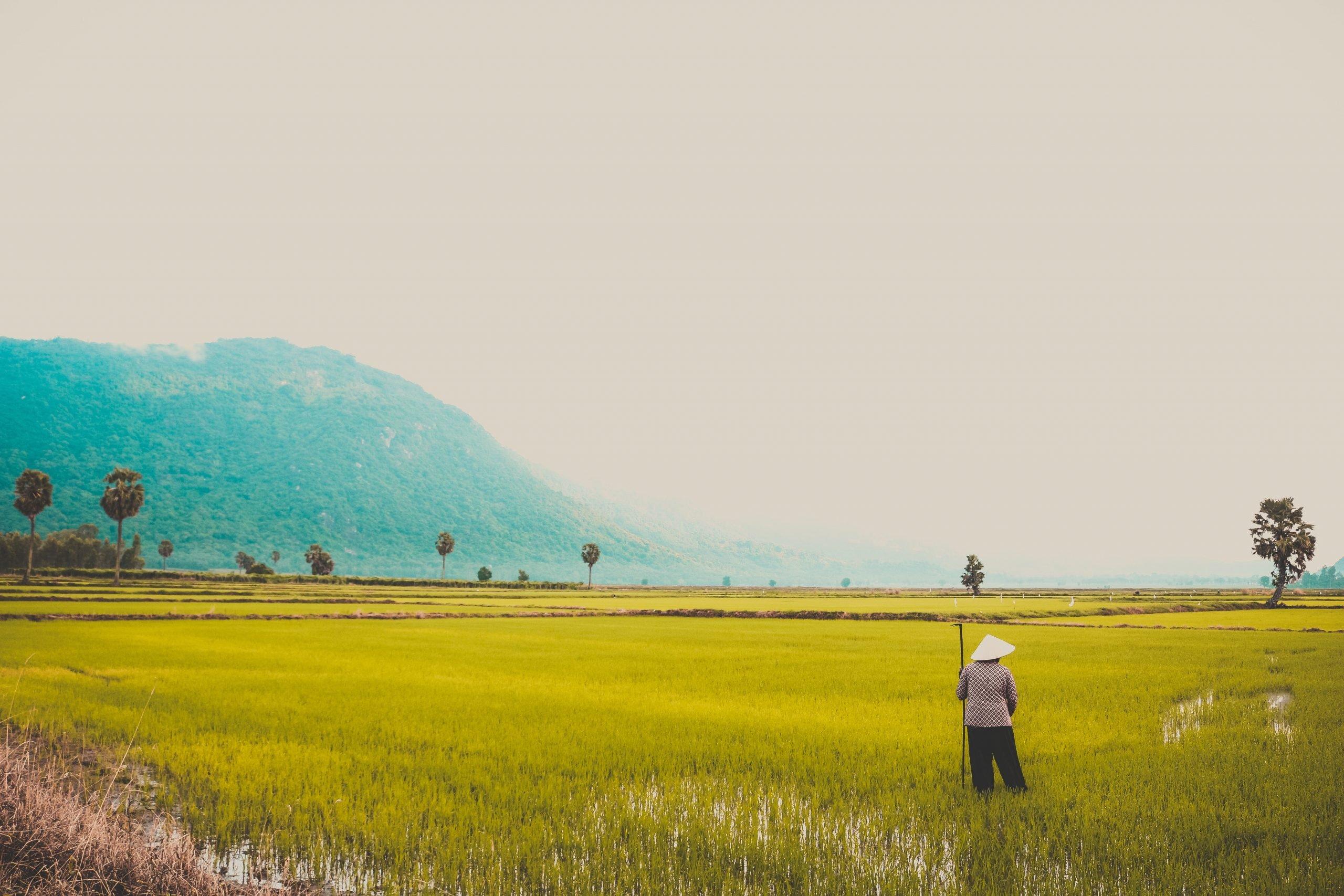China harvests first crop of ‘rice from heaven’ from ‘astronaut’ seeds
After being exposed to cosmic radiation and zero gravity, some seeds can mutate and produce higher yields when planted back on Earth.
Just In
China has just harvested its first batch of “space rice” from seeds that returned from a lunar voyage last year.
Scientists are hoping they will be able to create new plant varieties from the well-travelled seeds and safeguard the country’s food security, Bloomberg is reporting.
The crop was grown from 40g of seeds that flew with the Chang’e-5 lunar probe in November, state television reported.
More tests and plantings are needed to determine the best varieties that could be promoted nationwide to help improve China’s grain harvest.
Space scientists around the world have always been fascinated to study the influence of cosmic rays, the vacuum of space, and a microgravity space environment on organisms from Earth, Wang Ya’nan, a space analyst and chief editor of Beijing-based Aerospace Knowledge magazine, told the Global Times on Sunday.
China has ramped up its focus on food security and supply in the past year, boosting imports and urging greater self-sufficiency in staple crops to feed its population of 1.4 billion.
The seed sector is a pillar of this push, with the government approving a plan on Friday to make seed sourcing a matter of strategic security and vowing support for research and agriculture projects.
The country has been taking seeds of rice and other crops to space since 1987. More than 200 space plant varieties including cotton and tomatoes have been approved for planting.
In 2018, the total planting area for space crops approved in China reached more than 2.4 million hectares, according to state media.
After being exposed to cosmic radiation and zero gravity, some seeds can mutate and produce higher yields when planted back on Earth.
The topic generated heated discussion among Chinese netizens, who wondered when the “rice from heaven” will be ready for their cooking pots. It may take three to four years before space rice enters the market, Global Times said, citing an official at the space breeding research centre.
Such technology could also lead to planting crops in space when China’s space station starts to operate.
“With long-term human stays at the space station, researchers are hoping to conduct experiments to test a self-recycling ecosystem in space, which will greatly cut costs and reduce the resources needed for future manned spaceflights,” Wang said.
“This will support more deep-space explorations, including the building of a lunar research base and manned missions to Mars.”
Subscribe to our newsletter
To be updated with all the latest news and analyses daily.
